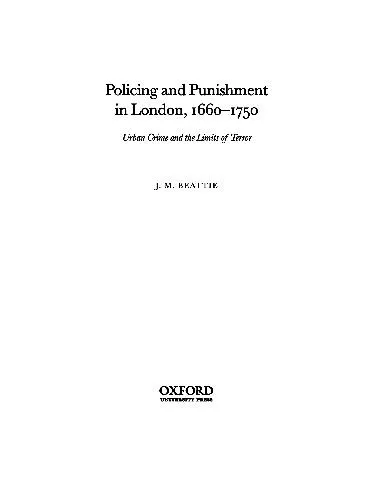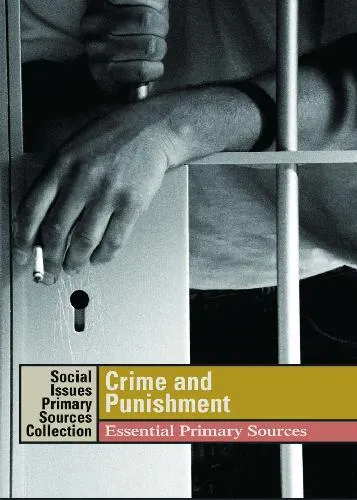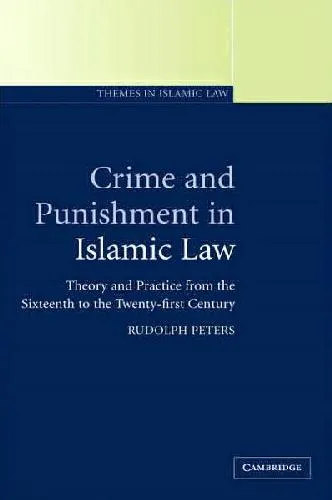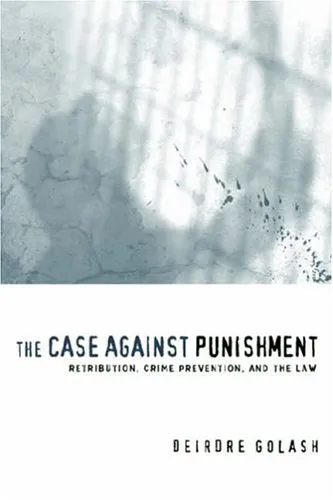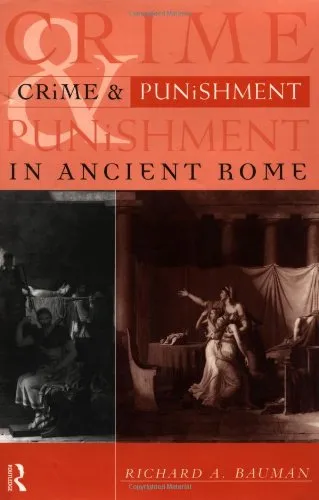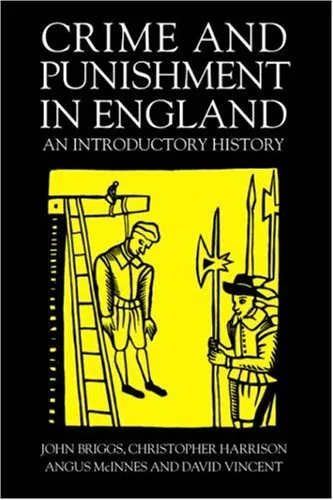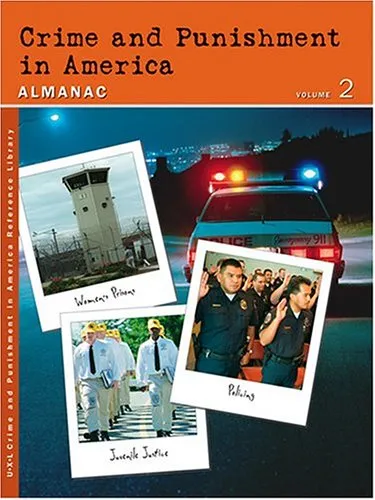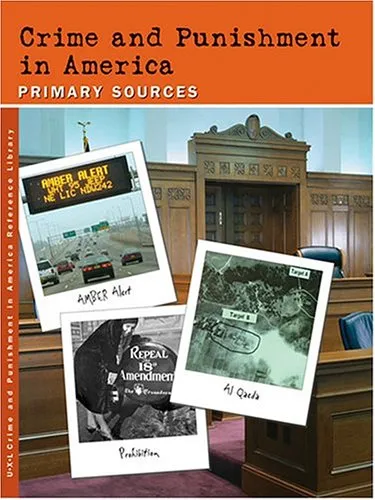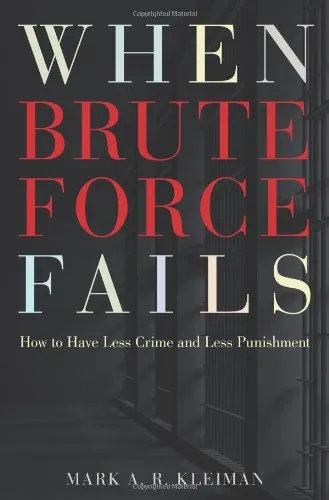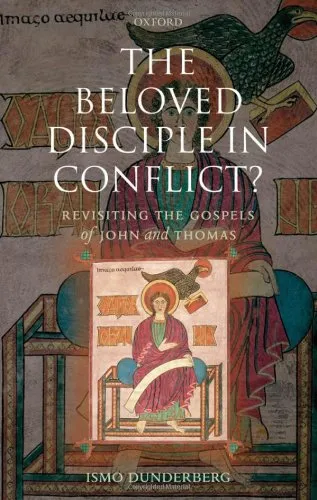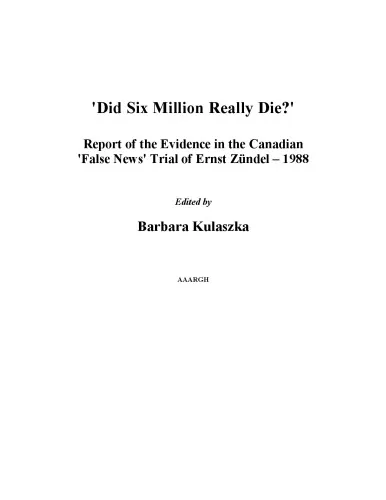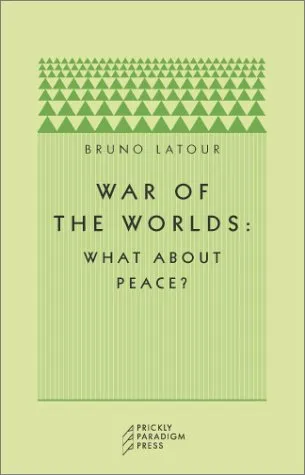Policing and Punishment in London 1660-1750 Urban Crime and the Limits of Terror
4.2
Reviews from our users

You Can Ask your questions from this book's AI after Login
Each download or ask from book AI costs 2 points. To earn more free points, please visit the Points Guide Page and complete some valuable actions.Related Refrences:
Persian Summary
Welcome to an insightful exploration of social order, crime, and notions of justice during a transformative period in London's history. 'Policing and Punishment in London 1660-1750: Urban Crime and the Limits of Terror' delves deep into the intricate fabric of 17th and 18th-century urban life—a time when London evolved to become a bustling metropolis fraught with complexities in maintaining law and order.
Detailed Summary of the Book
The book 'Policing and Punishment in London 1660-1750: Urban Crime and the Limits of Terror' presents a historical analysis of how crime was managed in London's rapidly growing urban landscape. This era witnessed monumental shifts, with the Restoration marking the beginning of a new social order that grappled with increasing urban migration and economic disparity. Against this backdrop, London's authorities employed a mix of traditional and novel methods to deter crime and enforce laws.
The book explores the emergence of the modern police force and judicial system, shedding light on the rudimentary forms of policing that predated them. It examines the diverse spectrum of punishments—from public executions designed to instill fear, to the more regulated and confined penalties—and scrutinizes their effectiveness in curbing what was perceived as an endemic wave of crime.
Through rigorous archival research, the author pieces together records of trials, public notices, and personal correspondences to unearth the various voices of the time. The narrative not only illuminates the harsh realities of criminal justice practices but also reveals the shifting attitudes towards the nature of punishment and rehabilitation.
Key Takeaways
- An understanding of how early modern London grappled with crime amidst social change.
- Insights into the development of policing and its impact on contemporary law enforcement concepts.
- Exploration of how fear and terror were used as tools of compliance and control by authorities.
- An examination of the socio-economic factors influencing crime and punishment policies.
Famous Quotes from the Book
"In a city where the gallows and the pillory were as much landmarks as the spires of Wren’s churches, the methods of terror were both a reality of life and a public spectacle."
"The rhythm of justice in old London was dictated less by legal rigor and more by the whims of public morality and political necessity."
Why This Book Matters
This book is a significant scholarly contribution to the field of historical criminology and social history. It demonstrates the evolution of policing and punishment as reflections of broader societal changes and governmental attempts to impose order amidst emerging modernity. By examining the limitations of punitive measures based on fear, it poses critical questions about the ethics of punishment that resonate with contemporary discussions on criminal justice.
Furthermore, the book enriches our understanding of how present-day practices are rooted in historical precedents, offering perspectives that challenge readers to think critically about the progress and ongoing tensions within modern systems of law and order.
Free Direct Download
You Can Download this book after Login
Accessing books through legal platforms and public libraries not only supports the rights of authors and publishers but also contributes to the sustainability of reading culture. Before downloading, please take a moment to consider these options.
Find this book on other platforms:
WorldCat helps you find books in libraries worldwide.
See ratings, reviews, and discussions on Goodreads.
Find and buy rare or used books on AbeBooks.
1427
بازدید4.2
امتیاز0
نظر98%
رضایتReviews:
4.2
Based on 0 users review
Questions & Answers
Ask questions about this book or help others by answering
No questions yet. Be the first to ask!
